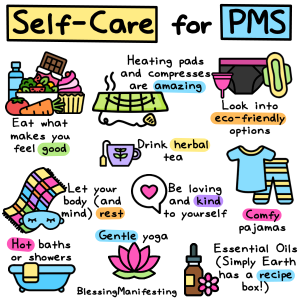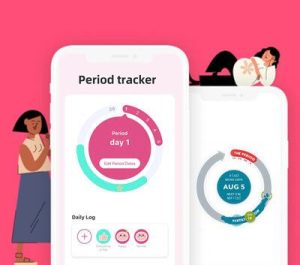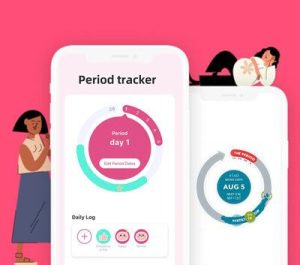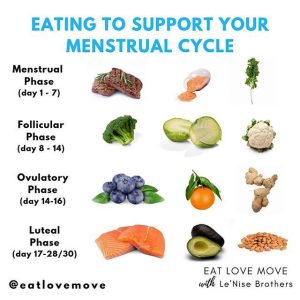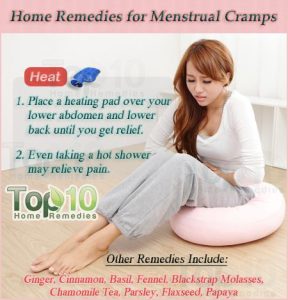The Connection Between Diet and Menstrual Health: What to Eat and Avoid
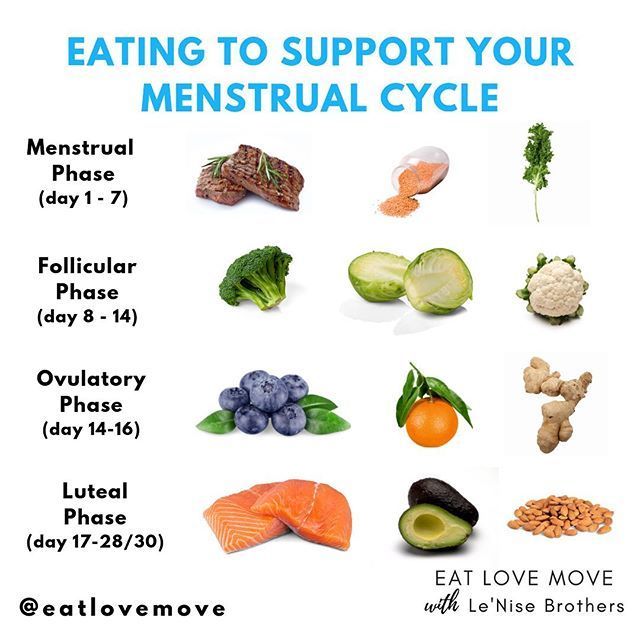
Menstrual health is an important aspect of a woman’s overall well-being, and diet plays a crucial role in maintaining a healthy menstrual cycle. Certain foods can help regulate hormones, reduce inflammation, and alleviate common menstrual symptoms, while others can exacerbate these issues. In this article, we will explore the connection between diet and menstrual health, and provide recommendations on what to eat and avoid to support a healthy menstrual cycle.
What to Eat
1. Leafy Greens: Leafy greens such as spinach, kale, and Swiss chard are rich in iron, which is essential for maintaining healthy blood levels during menstruation. Iron deficiency can lead to fatigue and other symptoms, so incorporating leafy greens into your diet can help prevent these issues.
2. Whole Grains: Whole grains like quinoa, brown rice, and oats are high in fiber, which can help regulate bowel movements and reduce bloating and cramping during menstruation. They also provide a steady source of energy throughout the day.
3. Fatty Fish: Fatty fish like salmon, mackerel, and sardines are rich in omega-3 fatty acids, which have anti-inflammatory properties that can help reduce menstrual pain and bloating. Omega-3s can also improve mood and reduce anxiety and depression commonly associated with PMS.
4. Nuts and Seeds: Nuts and seeds such as almonds, walnuts, flaxseeds, and chia seeds are packed with essential nutrients like magnesium, zinc, and vitamin E, which can help alleviate cramps and regulate hormone levels during menstruation.
What to Avoid
1. Processed Foods: Processed foods like fast food, sugary snacks, and pre-packaged meals are often high in refined sugars, unhealthy fats, and artificial additives, which can exacerbate inflammation and hormone imbalances. These foods can worsen menstrual symptoms like bloating, acne, and mood swings.
2. Caffeine: Caffeine can disrupt hormone levels and cause dehydration, which can worsen menstrual cramps and headaches. Limiting or avoiding caffeine-containing beverages like coffee, tea, and soda can help reduce these symptoms.
3. Dairy Products: Dairy products like milk, cheese, and yogurt can contain hormones and inflammatory compounds that may exacerbate menstrual symptoms in some women. If you notice an increase in bloating or cramping after consuming dairy, consider reducing your intake or opting for dairy alternatives.
4. Alcohol: Alcohol can disrupt hormone levels, impair liver function, and dehydrate the body, leading to increased menstrual pain and discomfort. Limiting alcohol consumption during your period can help alleviate these symptoms and improve overall menstrual health.
Conclusion
Overall, diet plays a crucial role in maintaining a healthy menstrual cycle. By incorporating nutrient-rich foods like leafy greens, whole grains, fatty fish, nuts, and seeds into your diet and avoiding processed foods, caffeine, dairy, and alcohol, you can support hormone balance, reduce inflammation, and alleviate common menstrual symptoms. Remember to listen to your body and make adjustments to your diet as needed to support your individual menstrual health needs.
